Quantum Technologies: The Silent Race Reshaping Security and Innovation
When we hear the word “teleportation,” our minds jump to science fiction. But if what is being teleported are particles, we’re stepping into the frontier of quantum technology, a field already transforming research, industry, and national security.
In Spain and across Europe, the quantum race has moved from the lab to a strategic national priority. Countries such as China, the United States, the UK, India, and Japan are investing billions in quantum computing, communication, and sensing. China leads with $15 billion in public funding, while Europe is deploying €7.2 billion through coordinated initiatives like EuroQCI and the Quantum Flagship.
In Spain, the Quantum Spain program is driving quantum communication projects at the Barcelona Supercomputing Center, in collaboration with autonomous communities and CSIC. The MadQCI network, funded with €77 million, aims to integrate Spain into the European quantum infrastructure, connecting Madrid to the future of continental quantum communication.
But what makes quantum technology truly special? It starts with qubits. Unlike classical bits, a qubit can exist in multiple states simultaneously thanks to the principle of superposition. Moreover, through quantum entanglement, qubits can share information instantly, even across thousands of kilometers, laying the foundation for a quantum internet that is physically impossible to hack.
The strategic implications are enormous. Quantum communication allows secure transfer of sensitive information; quantum computing could break current encryption systems or accelerate scientific research in medicine, energy, and materials; and quantum sensing improves the precision of sensors, atomic clocks, and positioning systems like GPS.
As María Luque highlighted at the Transatlantic Quantum Forum, early adoption of these technologies is not just an economic opportunity—it is a national security imperative. Countries that control quantum computing and communication will gain decisive advantages, while those lagging behind risk technological and geopolitical vulnerabilities.
Experts caution, however, that the so-called “quantum supremacy”—when a quantum computer surpasses classical machines—is still experimental. Technical challenges—coherence, signal loss, and the design of quantum repeaters—remain substantial. The path forward is gradual: first, testing quantum networks over classical infrastructure, then deploying dedicated circuits, and ultimately connecting multiple quantum computers to multiply computational power.
The conclusion is clear: quantum technology is not mere scientific fascination—it is strategy, innovation, and sovereignty. Governments and companies that understand its potential today will be better positioned to lead tomorrow’s security and economic landscape. And Spain, with initiatives like MadQCI and Quantum Spain, is taking its first steps to avoid being left behind in a race that is no longer optional—it is essential.
Read the entire article here: https://www.newtral.es/tecnologias-cuanticas-que-son-y-por-que-los-paises-invierten-en-ellas/20221027/



